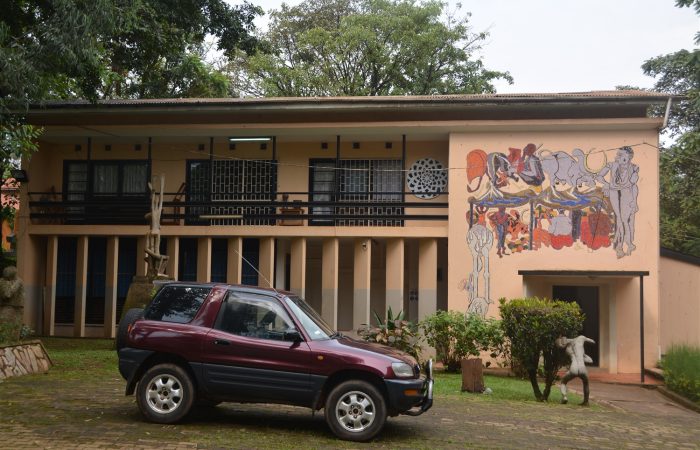MAFA at MTSIFA is a full-time private day- and afternoon-programme offered within two academic years (four semesters) under Plan A, Plan B, and Plan D.
Under Plan A and Plan B, the coursework component shall include both theoretical and practice-based modules. Whereas candidates under Plan A shall be required to submit a dissertation (of not less than 30,000 words) at the end of the forth semester, those under Plan B shall be required to present their research findings in form of an Exhibition accompanied by an artist’s statement in a professional catalogue (of not less than 10,000 words). Yet students on the MAFA Programme under Plan D, shall be required to submit a comprehensive research report in form of a Thesis (not less than 50,000 words) in the fourth semester.
Upon admission, the student shall choose whether to embark on the MAFA Programme under Plan A or under Plan B as explained above. In exceptional circumstances, and based on evidence of prior research experience, a student shall be allowed to enroll on a MAFA Programme by Thesis only (Plan D). MTSIFA shall use the credit hour system in determining the course value toward MAFA degree requirements. Under this system, a course which meets one hour each week for one semester is worth one credit hour (or one semester hour of credit toward graduation). A studio (practical) course which meets two hours each week for one semester shall be worth one credit hour.
Duration of the Programme
The MAFA programme shall cover two (2) academic years comprising 4 semesters of 17 weeks each. Students shall pursue taught/guided Elective and Independent study courses in the first two semesters. During the third and fourth semesters, students shall embark on the research and dissertation (MAFA- Plan A), which will involve individual research, and seminar series.
Students on Plan B shall undertake extended studio work in the third semester culminating in a body of works for exhibition and a project report (Professional catalogue) in the fourth semester.
Students on Plan D shall demonstrate serious academic research capacity by presenting an acceptable research concept. At the point of application/first registration, a student is expected to have identified a research area. This may be done in consultation with the Department and will be influenced by the availability of expertise and resources in particular areas. Based on this, the student shall develop and submit a synopsis of 3-5 pages to the Chair of Department. The synopsis (concept paper) contains: title of the thesis; a brief background to the research succinct statement of the problem; the objectives of the research; the theoretical/conceptual framework of the research; a brief review of relevant literature; a brief description of the methodology and a list of reference. Within two weeks of submitting the synopsis/concept paper, the student shall obtain feedback on it. Upon approval of the synopsis/concept paper by the School Graduate Studies and Research Committee, two supervisors shall be allocated to the student. The student shall be required to submit a progress report to the College through MTSFA Graduate Studies and Research Committee. The student shall submit a thesis of not less than 50,000 words, at the end of the fourth semester.
Click here to access the Programme Structure
The main goal of the MAFA Programme is to create a stimulating and challenging environment in which students through research in art and design can develop analytical, critical and communicative abilities
